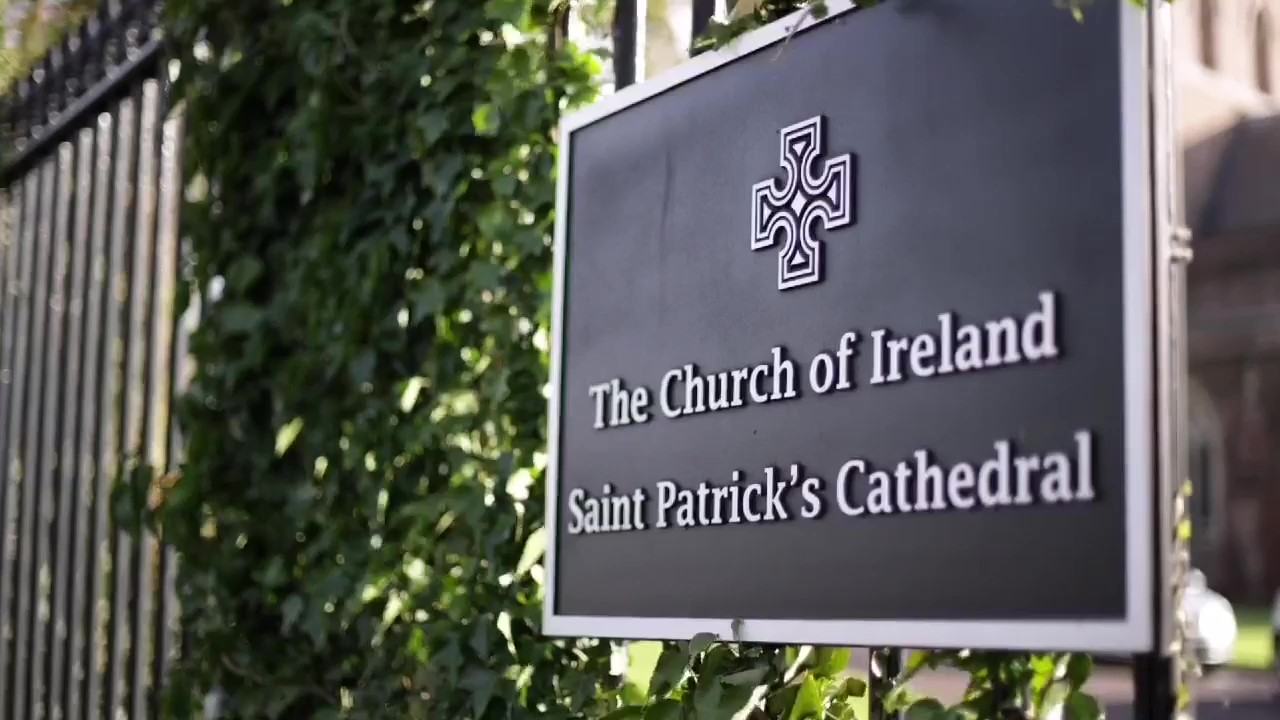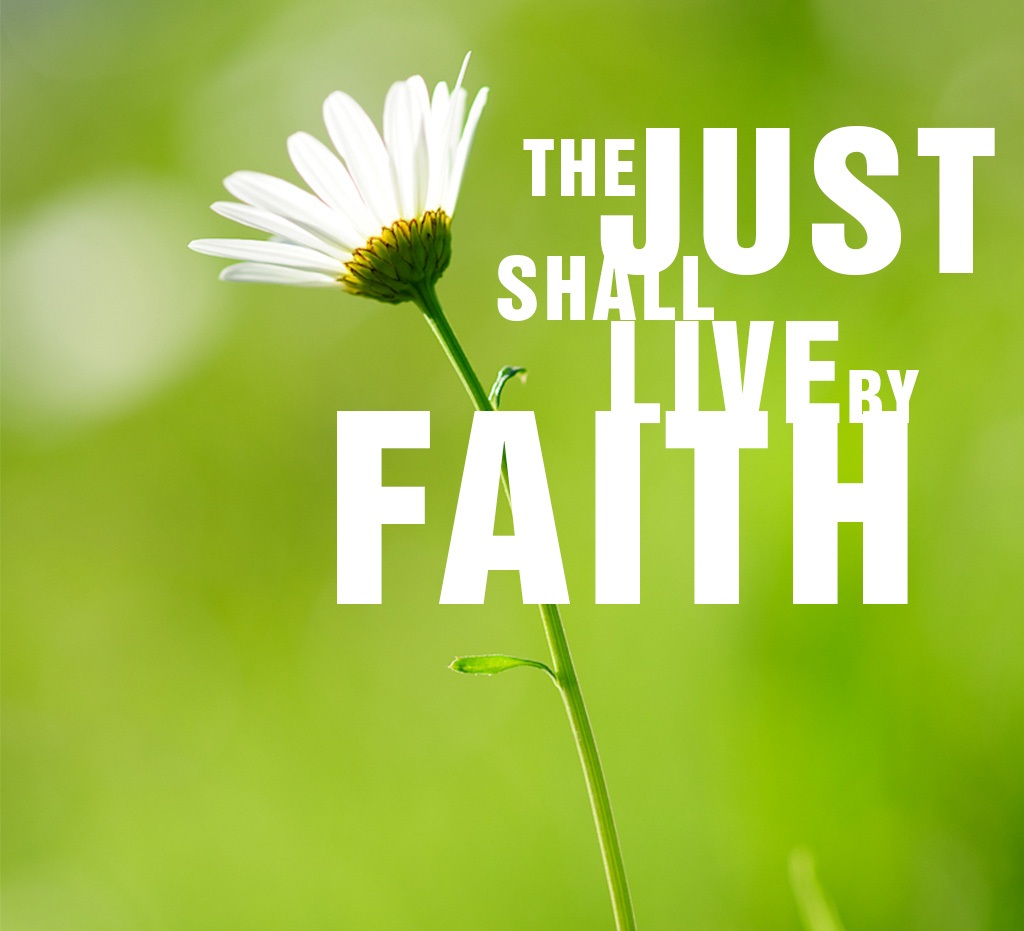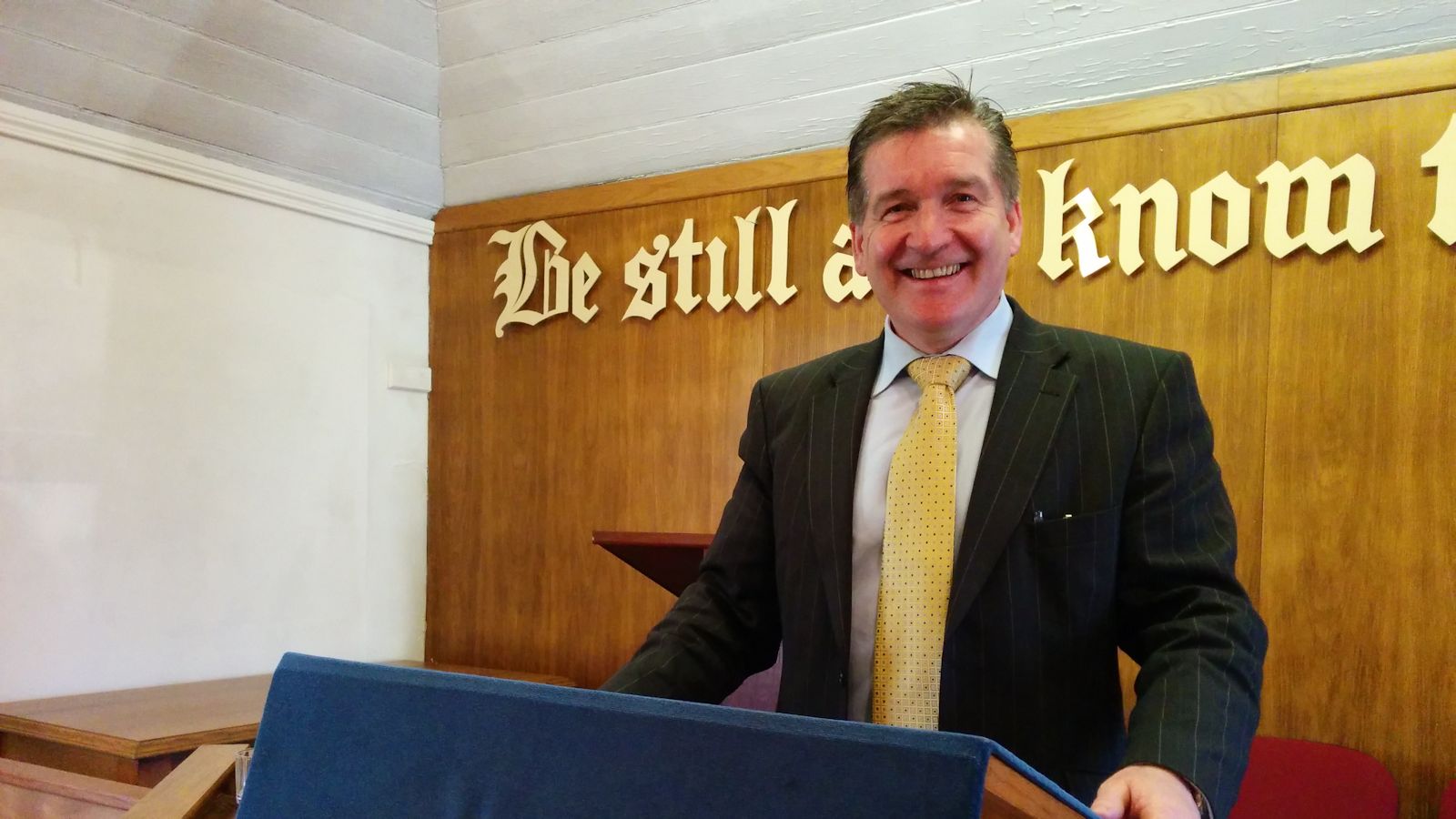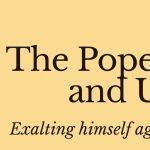St Anne’s Anglican Cathedral, Belfast, has appointed the Very Revd Edward O’Donnell, Parish Priest of St Brigid’s, Belfast, as an Ecumenical Canon.
While similar appointments have already been made by Dublin and Armagh cathedrals, this is the first time in the history of St Anne’s Cathedral that a Roman Catholic Priest will serve on the Cathedral Chapter.
Revd Edward O’Donnell said he was “stunned” to learn from the Dean of Belfast, the Very Revd John Mann, that the Cathedral Chapter had elected him as an Ecumenical Canon, but added that he was very pleased and happy to accept:
“I recognise that for St Anne’s Cathedral community, and for the Catholic community of Belfast, that this is a significant step, perhaps even historic, but more so, I recognise the generosity of the Dean and Chapter in inviting me, as a representative of the Roman Catholic Church, to be an Ecumenical Canon.
I look forward very much to working with them and making a contribution to the Christian life of our City. Our common faith in Jesus Christ commits us to strive for reconciliation and unity … .”
As far as Dean Mann is concerned, he enthused: “I am delighted that Father Eddie O’Donnell has accepted nomination as an Ecumenical Canon of the Cathedral. He is a priest for whom I have great admiration and his presence in St Anne’s will be source of strengthening the already important ecumenical bonds that we have. Our unity in Christ is important to us both.”
According to the dean of the cathedral, the Very Reverend John Mann, this new position means that the Roman Catholic cleric is allowed to help lead worship – meaning he can preach, as well as read scripture and prayers.
ECUMENISM
This of course is but an illustration of the modern – and unbiblical – ecumenical movement at work. This movement travels far beyond Christ’s desire of uniting His true followers (cf. Psalm 133:1; John 17:22) and attempts rather to connect Protestants, Catholics, and non-Christian religions. Modern ecumenical leaders promote “interfaith dialogue” with Mormons, Islamists, Hindus, Buddhists, Wiccans, Universalists, and a variety of New Age belief systems. For example, a Christian priest may invite a Muslim imam to speak in his pulpit, or a church may get together with a Hindu temple to hold a joint prayer service. Or a Church of Ireland dean may invite a Roman Catholic priest to be one of their ‘ecumenical canons.’
I am well aware of the major emphasis in our day on ecumenical unity among evangelicals (never mind Anglicans) and Roman Catholics. Those who promote this kind of unity state that both groups are Christian and both are God-honouring systems of faith.
However, there are substantial differences between the two groups. Biblical Christianity and Roman Catholicism are two different religions that practice and believe different things about how one is saved, the authority of the Bible, the priesthood of believers, the nature of man, the work of Christ on the cross, etc. The list of irreconcilable differences between what the Bible says and what the Roman Catholic Church says make any joint mission between the two impossible!
Those who deny that this is the case are not being true to what they say they believe, no matter which side they are on. Any Catholic who is serious about his faith will reject what a serious evangelical Christian believes – and vice-versa.
Efforts at ecumenical unity such as are being pursued by this appointment by St Annes are not only at odds with the concept of Christian unity as presented in Scripture, but are part of a sustained effort to reverse the Protestant Reformation and bring Protestants back under the skirt of the ‘Mother Church.’
When analysing this move, it is helpful to recall how our Protestant Reformers devised five Latin phrases (or slogans) – the Five Solas – as a means of highlighting those major biblical truths that were embraced by them but opposed by Rome:
• Sola Fide, by faith alone.
• Sola Scriptura, by Scripture alone.
• Solus Christus, through Christ alone.
• Sola Gratia, by grace alone.
• Soli Deo Gloria, glory to God alone.
Others, in an attempt to find a route round these obvious doctrinal differences, put in another ecumenical layer: they tell us that we should unite to fight common enemies. They argue that since Biblical Christians, like Roman Catholics, hold a strong pro-life stance, a traditional view of the family, a conviction to care for the homeless and sick, and a desire to see justice in the world, we should pool our resources in pursuit of these common ethical causes.
The important question is this: are ecumenical ventures right and biblical? Should we be involved with Roman Catholicism in joint ventures locally, nationally, or internationally?
Scripture does not leave us in the dark on this issue: in fact, it gives clear guidance as to how Bible-believing Christians are to interact with those who are in spiritual darkness.
EVANGELISM
All that we do is to bring glory and honour to God; we are to live in good works before a lost and dying world, and we must bring to the world the life-changing message of the gospel (cf. Matthew 5:18, esp. Matthew 28:18-20 and 1 Corinthians 2:2 which make the gospel our top priority). The ultimate goal of our actions should be the salvation of lost sinners (Ephesians 2:1-3).
Instead of prioritising the gospel, ecumenism tends to focus on political and social messages. Rather than seek to transform hearts, ecumenical endeavours often seek to transform environments—political, social, or financial.
It should be noted that the angels of heaven rejoice over one sinner who repents (Luke 15:10). While there is nothing wrong with social accomplishments, the fact remains that there is nothing in the Bible that says the angels rejoice when a law is passed, when a well is dug, or when a street is paved. These things cannot be allowed to overshadow the gospel. It must always be our FIRST priority.
And we cannot spread this light of the Gospel when linking ourselves to those who, by refusing it themselves, exist in spiritual darkness. The Bible explicitly forbids this linkage; 2 Corinthians 6:14-18: “Be ye not unequally yoked together with unbelievers: for what fellowship hath righteousness with unrighteousness? and what communion hath light with darkness? 15 And what concord hath Christ with Belial? or what part hath he that believeth with an infidel? 16 And what agreement hath the temple of God with idols? for ye are the temple of the living God; as God hath said, I will dwell in them, and walk in them; and I will be their God, and they shall be my people. 17 Wherefore come out from among them, and be ye separate, saith the Lord, and touch not the unclean thing; and I will receive you, 18 And will be a Father unto you, and ye shall be my sons and daughters, saith the Lord Almighty.”
John Charles Ryle, the first Protestant Bishop of Liverpool, articulated a necessary corrective in his day that is no less applicable now: “Let us have no peace with Rome until Rome abjures her errors, and is at peace with Christ. Until Rome does that, the vaunted reunion of Western churches, which some talk of, and press upon our notice, is an insult to Christianity.”
This latest appointment by St Annes is exactly as Ryle defines it – “an insult to Christianity.”
Written by Rev. Ian Brown
Minister of Martyrs Memorial Free Presbyterian Church









